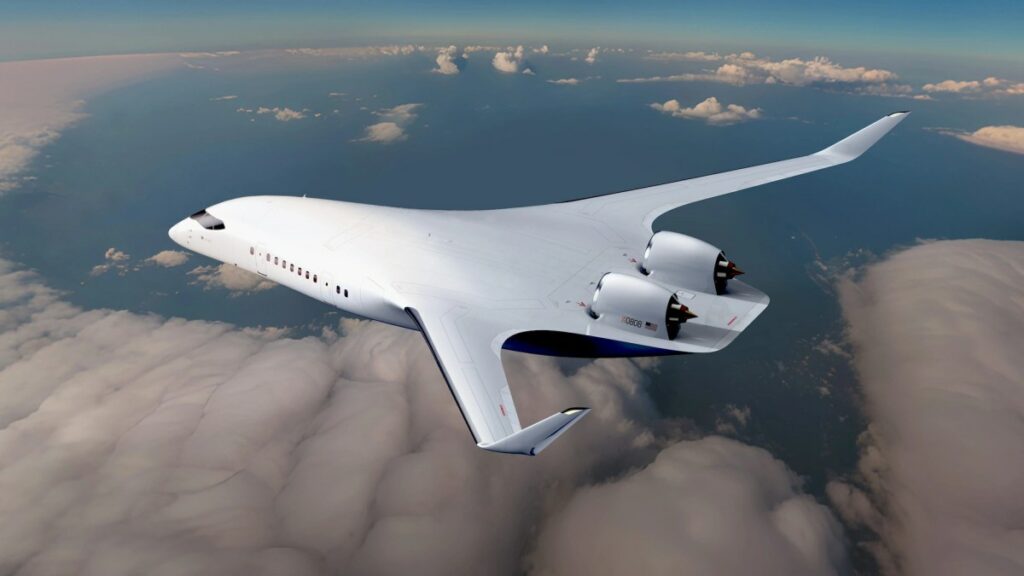The future of aircraft may look very similar to today’s superficially — but under the hood (or sitting next to the tailfins) they will likely be quite different. That’s the future NASA is hoping to nurture with five research awards worth $11.5 million.
The Advanced Aircraft Concepts for Environmental Sustainability 2050 (AACES) program is an early stage, long-shot initiative to identify “transformative solutions” that could inch the carbon-spewing air travel industry towards sustainability.
These awards are nowhere near enough to make a working aircraft, of course, and these concepts are just that, concepts — but a couple million bucks can easily be the difference between a powerful new technology sitting on a shelf in a lab or getting some real-world testing.
Two of the awards are more focused than others. Electra, for instance, already has a flying prototype for its electric aircraft, and the award money will go towards advancing its existing tech. JetZero is combining a cryogenic liquid hydrogen fuel source with the unusual blended wing fuselage you see pictured up top.

The other three awards are more general. Georgia Tech will look into new fuels, propulsion systems, and configurations that seem promising for its ATH2ENA program. Pratt and Whitney will be looking into “a broad suite” of propulsion tech in pursuit of lowering fuel consumption and emissions (a harm reduction method, it seems).
Aurora Flight Sciences seems to have the broadest mandate of all — the Boeing-owned company will “perform a comprehensive, ‘open-aperture’ exploration of technologies and aircraft concepts.” One hopes they were a bit more specific in their application!
Interestingly, none of the electric propulsion and flight startups we’ve seen collecting large sums of investor money are present here. Perhaps the juice was not worth the squeeze when they have VC money on tap — or else their visions for the future of aviation differ are too different. (They do mostly make personal helicopters, after all.)
The AACES project is part of the Advanced Air Transport Technology project, itself part of the Advanced Air Vehicles Program. If there are any more layers on top of that, they didn’t list them.


